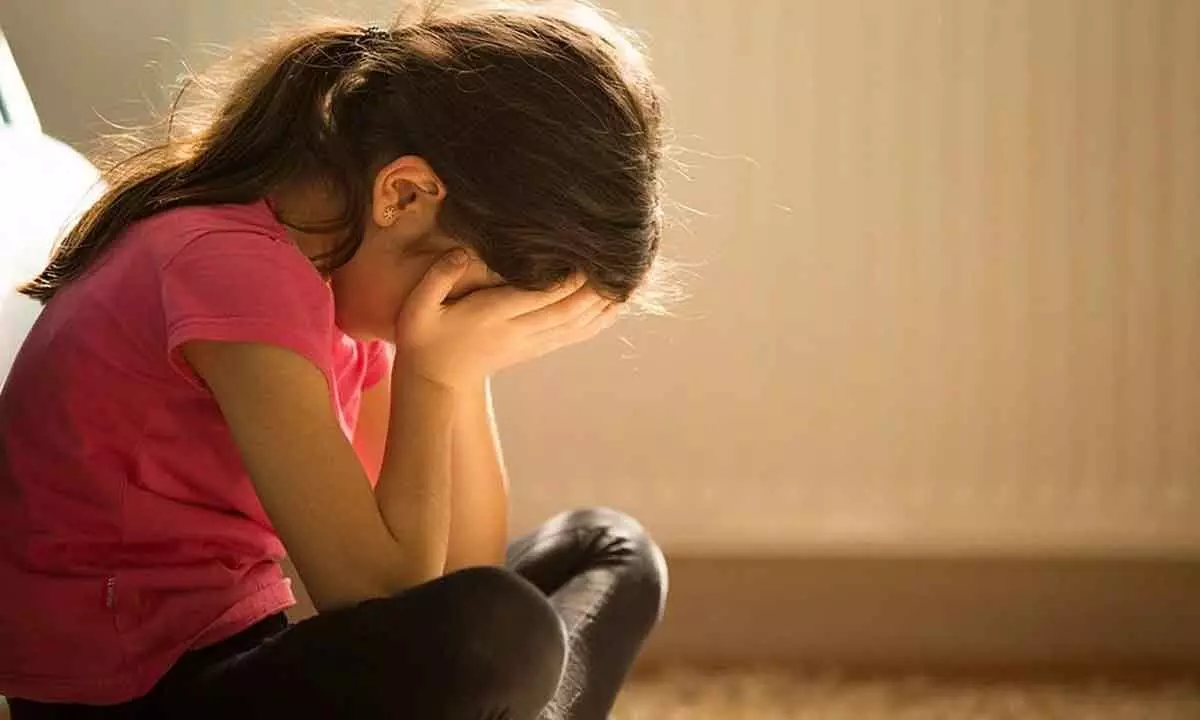Children with mental health problems have poor mental, physical health

The study showed that those who had mental health issues in childhood were as likely to encounter educational/economic difficulties in young adulthood as they were to face further mental health problems.
New Delhi: Children with mental health problems are more likely to have poor mental and physical health in their late teens and early 20s, a new study has revealed.
They may have problems like social isolation, low educational attainment, financial difficulties and heavy substance use.
The study led by the Royal College of Surgeons in Ireland (RCSI) showed that those who had mental health issues in childhood were as likely to encounter educational/economic difficulties in young adulthood as they were to face further mental health problems.
“Mental health symptoms often come and go throughout childhood and adolescence, so we do not want to over-rely on symptom levels at one point in time. We decided to investigate children who had persistent reports of mental health symptoms, regardless of whether they met the criteria for an official diagnosis,” said Dr Niamh Dooley, study lead author from the RCSI Department of Psychiatry.
For the study, researchers examined data of over 5,000 children and young adults and found that the vast majority 72.5 per cent of participants reported no mental health difficulties, but more than 1,400 individuals appeared to have some type of mental health or behavioural issue across childhood.
The study, published in the JAMA Network Open journal, took a broad approach to life outcomes, examining aspects such as Leaving Certificate results, social isolation, physical health issues and heavy substance use.
Along with this, the researchers also took different types of childhood symptoms into account, such as whether a child tended to internalise their symptoms (as in depression and anxiety), externalise their symptoms (as in hyperactivity and behavioural problems), or both and found that children with externalising symptoms are at increased risk of heavy substance use as young adults.
But, children with internalising symptoms are at the highest risk of poor physical health in their late teens and early 20s.
“Over 50 per cent of children with mental health issues had at least one educational or economic difficulty by young adulthood, compared to around 30 per cent of those without mental health issues in childhood,” Dooley said.
“Our study shows that mental health symptoms in childhood can cast a long-lasting shadow on adult life and If we understand more about which children in the general population are at greatest risk of poor outcomes, it will help to inform and improve early screening and approaches to support those children,” he added.











